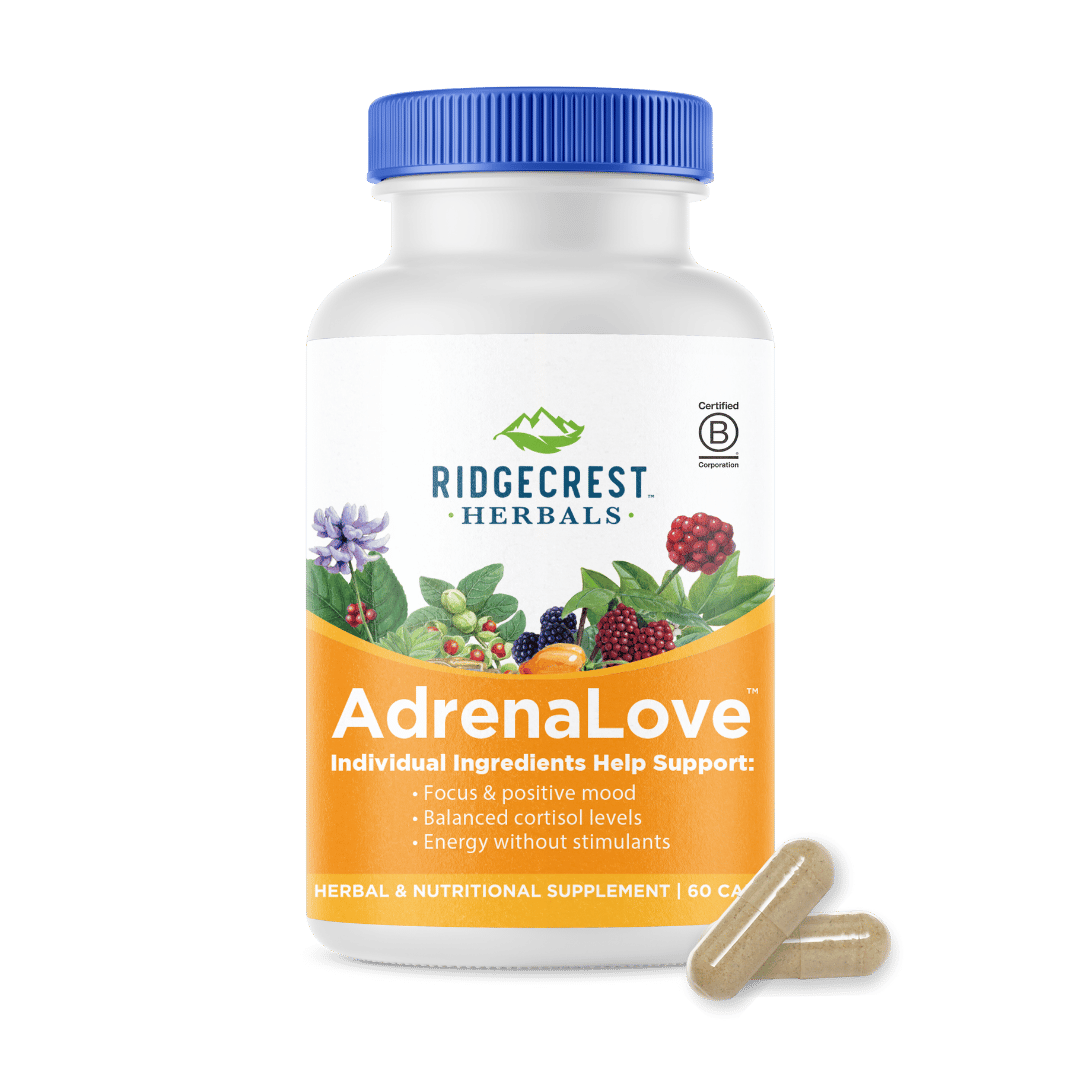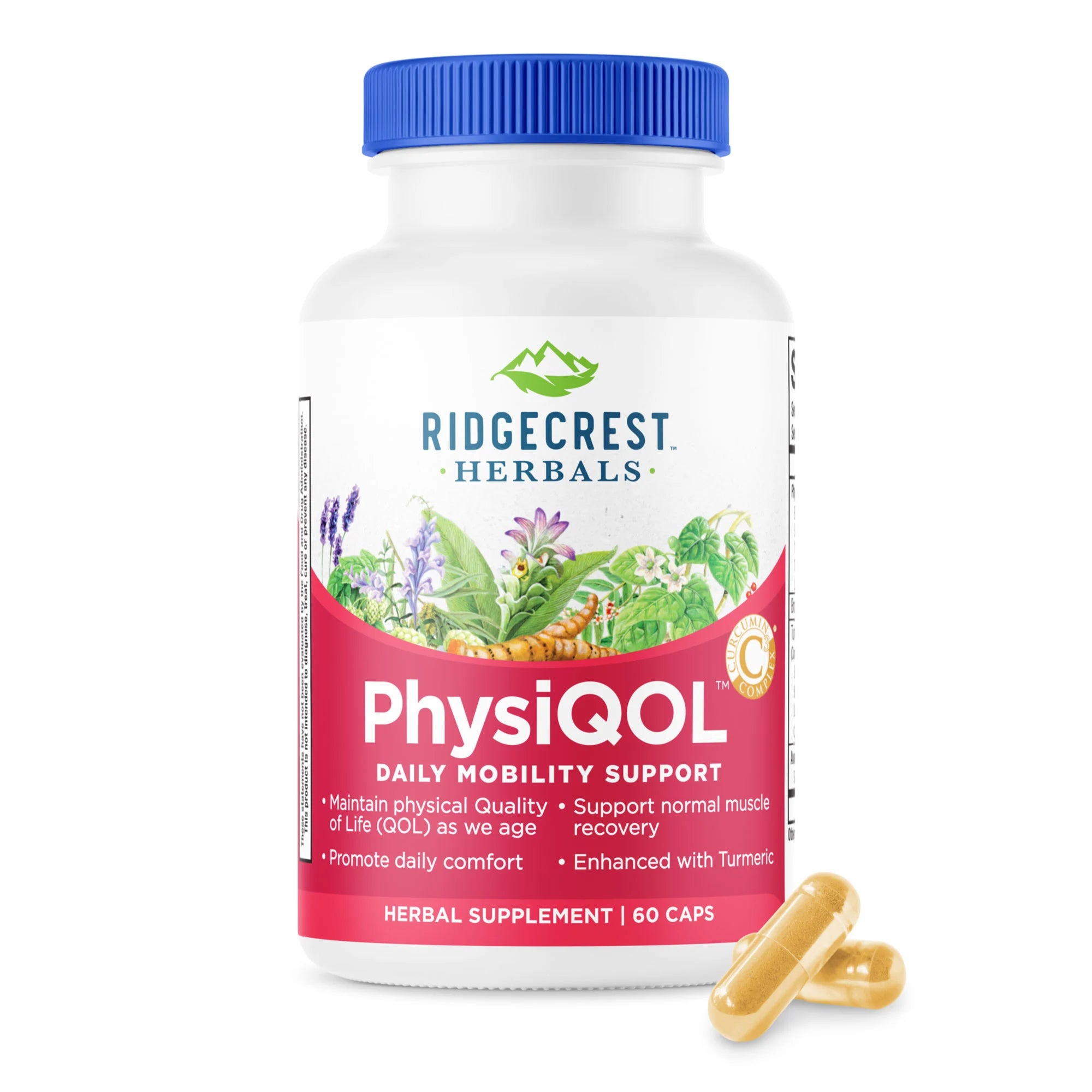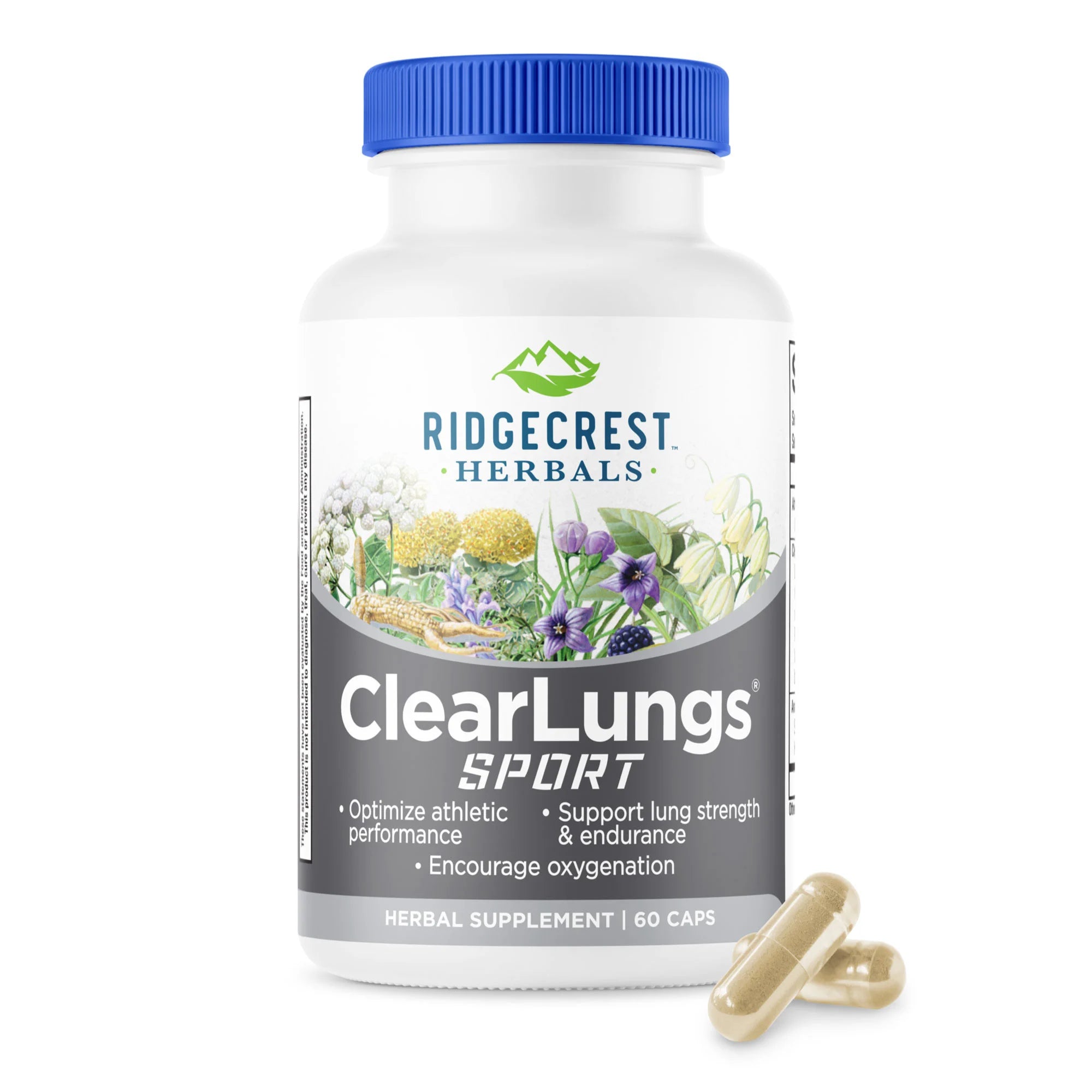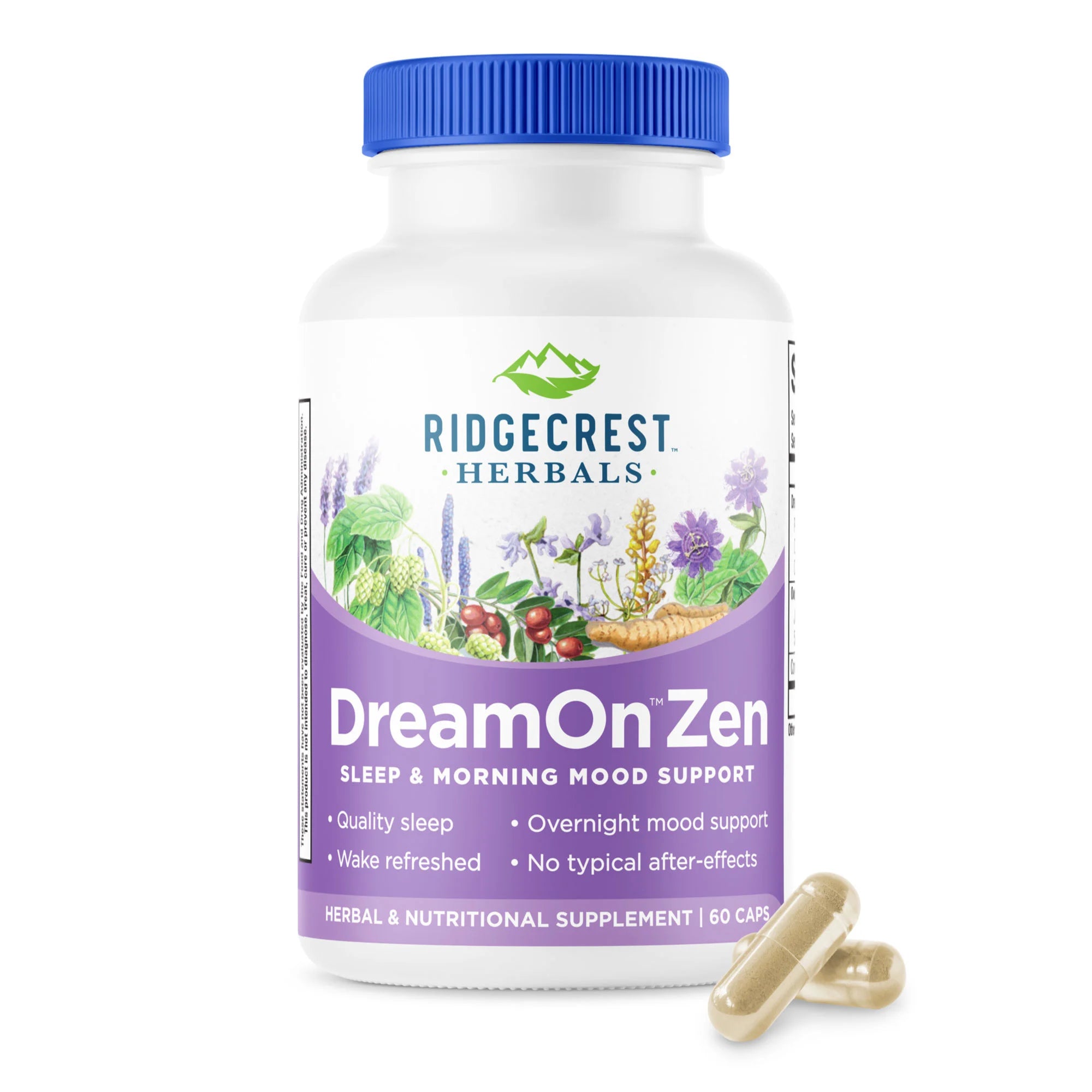What Happens to Your Body After a Workout? Understanding the Science of Recovery
Ever wonder what’s really going on inside your body after a workout? It’s more than just sore muscles and the urge to crash on the couch. Your body is a complex, interconnected system working around the clock to help you recover, rebuild, and come back stronger. Recovery is a coordinated, behind-the-scenes effort that deserves just as much attention as the workout itself, from your muscles to your brain to your immune system.
Let’s dive into what’s happening inside and how you can support your body’s natural recovery process.
💪 The Muscular System: Repair and Rebuild
You know that satisfying post-workout soreness? That’s your muscles letting you know they’ve been challenged. Exercise causes tiny tears in muscle fibers, a completely normal part of the process. During recovery, your body repairs these microtears, leading to stronger, more resilient muscles over time.
Tip: Support muscle repair by staying hydrated, getting enough complete protein, and allowing adequate rest between workouts.
🧠 The Nervous System: Resetting the Stress Response
Your nervous system controls movement, reflexes, and even how your body handles stress. After intense physical activity, it shifts gears from high-alert mode to rest-and-digest. This transition is essential for your body to recover, calm inflammation, and restore balance fully.
Tip: Incorporate cooldown routines, gentle stretching, and mindfulness practices like deep breathing to help your nervous system switch into recovery mode.
🛡️ The Immune System: The Silent Healer
Yes, your immune system plays a critical role in workout recovery! Over-exertion during exercise may trigger a temporary inflammatory response, which your immune system jumps in to manage. It helps repair tissues and keeps the recovery process on track. Plus, consistent moderate exercise can actually boost your immune health over time.
Tip: Focus on post-workout nutrition with antioxidants and adaptogens to support immune balance and a normal inflammation response.
❤️ The Cardiovascular System: Keeping Everything Flowing
During exercise, your heart and blood vessels work harder to deliver oxygen and nutrients to your muscles. Afterward, they continue circulating blood to help remove waste products like lactic acid. This ongoing circulation supports faster recovery and less soreness.
Tip: Light movement, like walking or gentle yoga, after a workout can enhance blood flow and promote faster muscle recovery.
💤 Why Recovery Is Where the Magic Happens
Recovery isn’t just taking a break; it’s where the real transformation begins. While your workout challenges your body, it’s during recovery that your body adapts, grows, and becomes stronger. Muscles rebuild, energy reserves are replenished, and your nervous and immune systems reset. It's a dynamic process that builds resilience, improves performance, and protects long-term health.
Skipping or rushing recovery can lead to burnout, chronic fatigue, reduced gains, and even injury. On the other hand, intentional recovery helps you bounce back faster, improve endurance, and maintain motivation, all while supporting mental clarity and emotional balance.
Sleep plays a starring role in your recovery process, and it’s more than just “rest.” During sleep, your body enters a highly active state of repair and restoration. This is when the magic of muscle growth, hormone regulation, and deep cellular recovery truly happens.
As you sleep, your body releases growth hormone, essential for tissue repair and muscle development. Tiny tears in muscle fibers from your workout begin to heal, and energy stores like glycogen are replenished so you're ready to perform again. Sleep also helps regulate cortisol, the body’s primary stress hormone, which can hinder recovery and increase inflammation if left unchecked.
Meanwhile, your brain is hard at work, too. During deep and REM sleep stages, your brain flushes out metabolic waste, processes new information, and resets its internal systems. This supports not just physical recovery but also mental clarity, mood balance, and focus, all crucial for your next workout and your overall well-being.
Deep, uninterrupted sleep is one of the most powerful recovery tools. Skimping on sleep can delay recovery, increase your risk of injury, and sap your motivation. But when you prioritize quality sleep through good sleep hygiene, calming bedtime routines, and natural sleep-supporting herbs, you give your body the opportunity to heal, rebuild, and recharge in the most efficient way possible.
In short, sleep isn't downtime; it's your body's prime time for growth and resilience.
When you give your body the time, rest, and nutrients it needs to recover well, you don’t just maintain your fitness, you elevate it. Recovery is not the absence of effort; it’s an active investment in your overall wellness and performance.
🔄 How to Support Your Body’s Recovery
Recovery doesn’t happen on its own; it’s something you can actively support with the right habits, nutrients, and rest. If you want to bounce back faster, feel stronger, and reduce your risk of injury or burnout, here are the key areas to focus on:
💧 Hydration: Replenish What You Sweat Out
Even mild dehydration can slow down recovery, increase fatigue, and contribute to muscle cramps or stiffness. After a workout, your body needs fluids to help flush out metabolic waste, deliver nutrients to cells, and regulate temperature.
Tip: Rehydrate with clean water, and consider adding electrolytes if you’ve had a long or intense session, especially in heat or humidity.
🥗 Balanced Nutrition: Fuel Your Repair Process
Your body uses nutrients as raw materials to repair muscle tissue, replenish energy stores, and support your immune system. Complete protein provides the building blocks (amino acids) for muscle repair, while complex carbohydrates restore glycogen levels. Vitamins, minerals, and antioxidants help manage inflammation and oxidative stress.
Tip: Aim for a post-workout meal or snack that includes lean protein, healthy fats, and complex carbs within 30–60 minutes of exercise.
🌿 Herbal Support: Help Your Body Bounce Back Naturally
Herbs like Ashwagandha, Rhodiola, Turmeric, and Boswellia can offer targeted support for stress response, inflammation, muscle recovery, and energy. Adaptogens help balance cortisol and increase resilience, while anti-inflammatory herbs ease post-workout soreness.
Tip: Incorporate herbal teas, tinctures, or supplements into your recovery routine to gently support the body without stimulants.
💤 Sleep: Your Body’s Ultimate Recovery Mode
As we mentioned earlier, sleep is when your body does most of its physical and mental repair. Lack of sleep can delay muscle recovery, spike stress hormones, and negatively affect motivation and performance.
Tip: Create a consistent bedtime routine, limit screens before bed, and consider calming herbs like valerian, chamomile, or passionflower to improve sleep quality and duration.
🔁 Consistency: Make Recovery a Habit, Not an Afterthought
Recovery isn’t just for days off; it should be part of your overall wellness plan. Stretching, foam rolling, breathwork, and active rest days can all keep your body mobile and your mind centered.
Tip: Schedule recovery activities the same way you schedule workouts. Even 10–15 minutes a day can make a noticeable difference in how you feel.
The bottom line: Recovery isn’t a luxury; it’s a necessity. Supporting your body between workouts helps you stay on track, avoid injury, and feel your best in the long run. Whether you're a weekend warrior or train daily, these steps can make all the difference.








Leave a comment
All comments are moderated before being published.
This site is protected by hCaptcha and the hCaptcha Privacy Policy and Terms of Service apply.